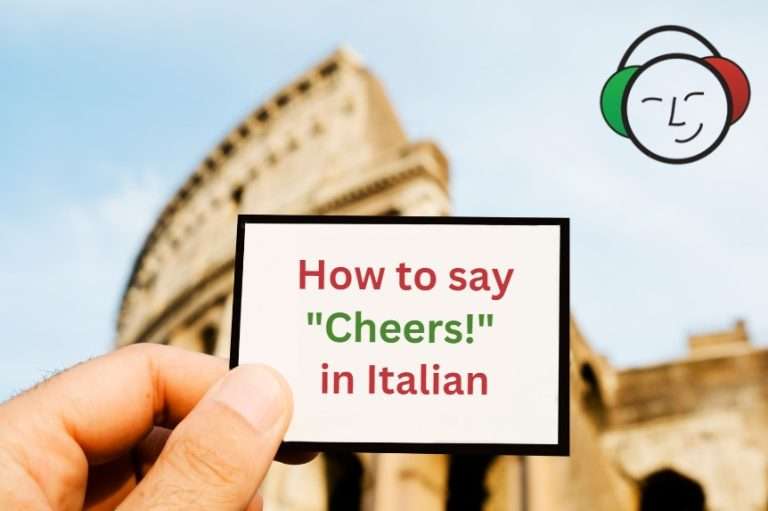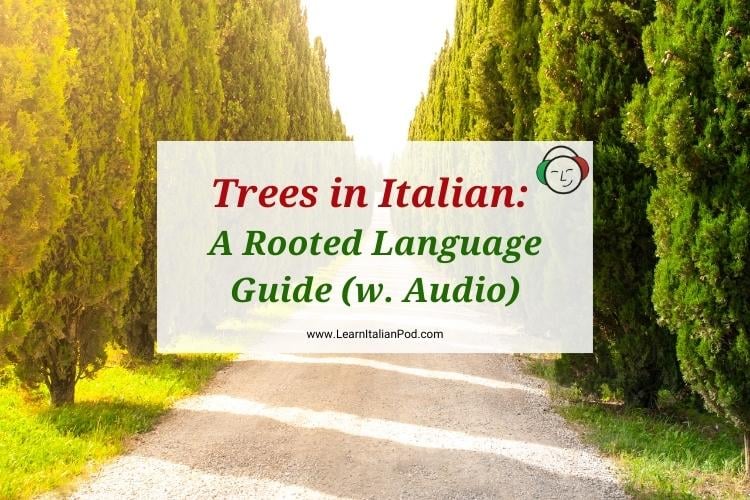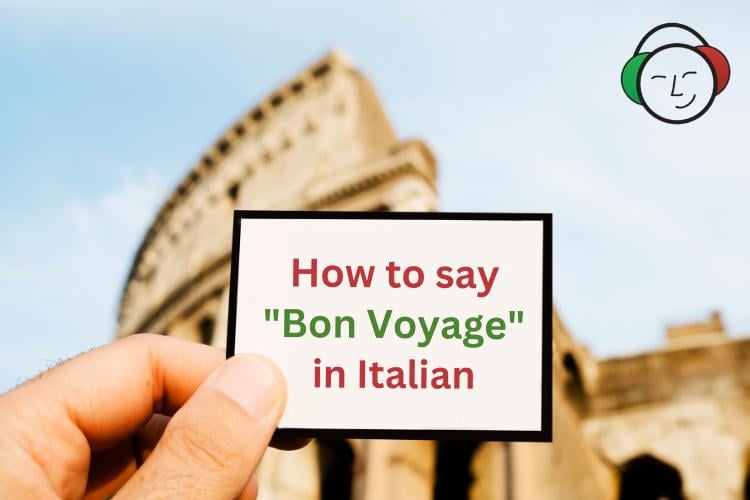How To Deal With Street Annoyances in Italy: Tips & Phrases
Italy, a country known for its rich history, breathtaking landscapes, and delectable cuisine, is a top destination for travelers worldwide. However, like any popular tourist destination, Italy has its share of street annoyances that can sometimes damage your visit. Fear not!
We’re here to help you navigate these minor inconveniences and fully embrace the Italian way of life with our guide on dealing with street annoyances in Italy, complete with essential Italian phrases and practical tips.
Common Street Annoyances in Italy
You may encounter a few street annoyances as you explore Italy’s beautiful cities and towns. Some common ones include aggressive street vendors, persistent beggars, noisy streets, and crowded public transportation.
By understanding local customs and learning a few key Italian phrases, you can handle these situations like a pro and get back to enjoying your vacation.
Essential Italian Phrases for Tourists

When traveling in Italy, knowing some basic Italian phrases can go a long way in helping you deal with street annoyances. Here are some essential phrases to help you communicate with locals:
- Excuse me: “Mi scusi” (mee SKOO-zee)
- Please: “Per favore” (pehr fah-VOH-reh)
- Thank you: “Grazie” (GRAHT-see-eh)
- I don’t understand: “Non capisco” (nohn kah-PEES-koh)
- I don’t speak Italian: “Non parlo italiano” (nohn PAHR-loh ee-tahl-YAH-noh)
- Can you help me?: “Può aiutarmi?” (pwoh eye-oo-TAHR-mee)
- Do you speak English?: “Parla inglese?” (PAHR-lah een-GLAY-zay)
Suggested Read: How to Say No Problem in Italian
Navigating Public Transportation in Italy
Italy’s public transportation system can be overwhelming for first-time visitors, especially during peak hours when buses and trains get crowded. In addition, strikes and delays are not uncommon.
To minimize the impact of these annoyances, try to avoid traveling during rush hours and keep an eye on the local news for any strike announcements.
Useful Italian phrases for public transportation
- Where can I buy a ticket?: “Dove posso comprare un biglietto?” (DOH-veh POH-soh kohm-PRAH-reh oon beel-YET-toh)
- How much does it cost?: “Quanto costa?” (KWAHN-toh KOH-stah)
- Which bus/train goes to [destination]?: “Quale autobus/treno va a [destination]?” (KWAH-leh ow-toh-BOOS/treh-noh vah ah [destination])
- Is this the right platform for the train to [destination]?: “È questo il binario giusto per il treno per [destination]?” (EH KWEH-stoh eel bee-NAHR-ee-oh JOO-stoh pehr eel TREH-noh pehr [destination])
Handling Street Vendors and Beggars
As a tourist, you may be approached by street vendors and beggars who try to sell you various goods or ask for money. It’s important to stay polite but firm when declining their offers. Avoid engaging in lengthy conversations or making eye contact, which can sometimes encourage them to persist.
Example sentences in Italian to decline offers
- No, thank you: “No, grazie” (noh GRAHT-see-eh)
- I’m not interested: “Non sono interessato/a” (nohn SOH-noh een-teh-rehs-SAH-toh/ah) – Note: Use “interessato” for males and “interessata” for females.
- I don’t need it: “Non ne ho bisogno” (nohn neh oh bee-ZOH-nyoh)
Dealing with Noise and Crowds in Italy
Italian cities can be lively, and you may be in noisy environments or surrounded by large crowds. To minimize the impact of noise and crowds on your experience, consider staying in quieter neighborhoods, visiting popular attractions early in the morning, or exploring less touristy areas.
Italian phrases to express discomfort or request a quieter environment
- It’s too loud: “È troppo rumoroso” (EH TROH-poh roo-moh-REE-soh)
- Can we have a quieter table?: “Possiamo avere un tavolo più tranquillo?” (pohs-see-AH-moh AH-veh-reh oon TAH-voh-loh pyoo trahn-KWEE-loh)
Staying Safe from Pickpockets and Scams
Pickpockets and scams can be a concern in any tourist destination, and Italy is no exception. To protect yourself, always be aware of your surroundings, keep your belongings secure, and avoid carrying large sums of cash.
Additionally, familiarize yourself with common scams, such as fake petitions, counterfeit goods, or distractions that create opportunities for theft.
Recommended Read: 21 Safest Cities in Italy for Travelers & Expats
Essential Italian phrases for reporting incidents to local authorities
- I need the police: “Ho bisogno della polizia” (oh bee-ZOH-nyoh DEHL-lah poh-LEE-tsee-ah)
- My wallet has been stolen: “Mi hanno rubato il portafoglio” (mee AH-noh roo-BAH-toh eel pohr-tah-FOHL-lyoh)
- Can you help me find the police station?: “Mi può aiutare a trovare la stazione di polizia?” (mee pwoh eye-oo-TAHR-eh ah troh-VAHR-eh lah stah-tsyoh-neh dee poh-LEE-tsee-ah)
Respecting Italian Customs and Etiquette

By respecting local customs and etiquette, you can minimize street annoyances and enjoy a more authentic Italian experience. For example, dress modestly when visiting religious sites, avoid speaking loudly in public places, and be mindful of local dining customs, such as not asking for ketchup at a traditional Italian restaurant.
Italian phrases for expressing gratitude and apologizing when necessary
- I’m sorry: “Mi dispiace” (mee dees-pee-AH-cheh)
- Excuse me (to get someone’s attention or apologize for a minor offense): “Scusa” (informal) / “Mi scusi” (formal) (SKOO-zah / mee SKOO-zee)
Dealing with street annoyances in Italy is an inevitable part of the travel experience. Still, by understanding local customs and learning some essential Italian phrases, you’ll be better equipped to navigate these situations and fully embrace the Italian way of life.
So explore the beautiful cities and countryside, indulge in Italy’s delicious food and wine, and make lasting memories on your Italian adventure! Buon viaggio! (bwohn vee-AH-joh)
Suggested Read: How to Say Bon Voyage in Italian: A Buon Viaggio Guide







